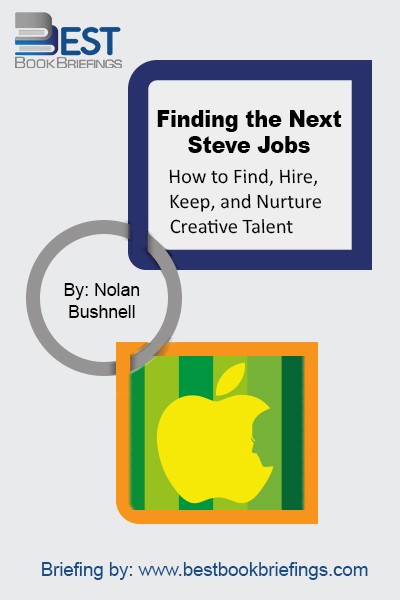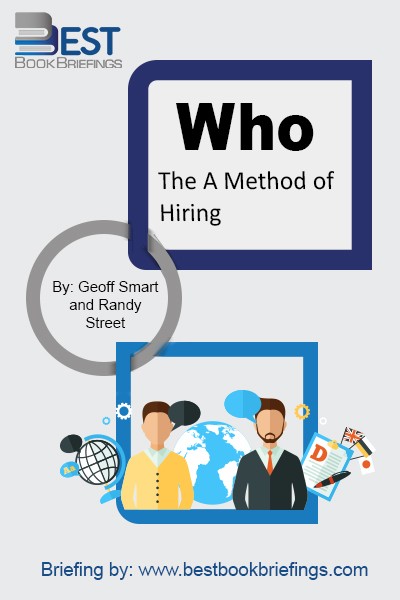Finding the Next Steve Jobs
How to Find, Hire, Keep, and Nurture Creative Talent
Number of pages: 252
Publisher: Net Minds
BBB Library: Creativity and Innovation, Human Resources
ISBN: 9780988879515
Editorial Review
Nolan Bushnell founded the groundbreaking gaming company Atari and two dozen other companies. He also launched Steve Jobs' career, along with those of many other brilliant creatives over the course of his five decades in business. In his eagerly awaited first book, Bushnell explains how to find, hire, and nurture the people who could turn your company into the next Atari or the next Apple. The business world is changing faster than ever, and every day your company faces new complications and difficulties. The only way to resolve these issues is to have a staff of wildly creative people who live as much in the future as in the present, who thrive on being different, and whose ideas will guarantee that your company will prosper when other companies fail.
Book Reviews
Books on Related Topics
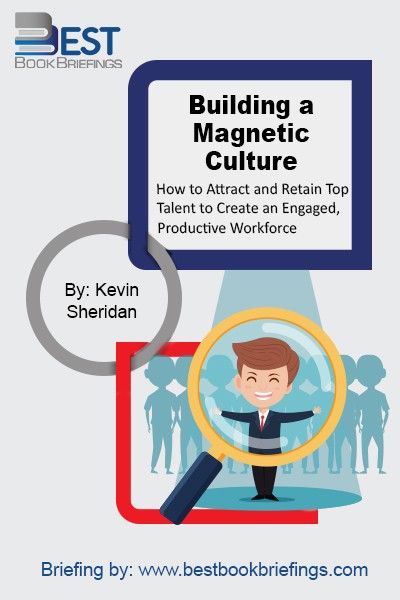
Building a Magnetic Culture explains what engages and motivates employees and how to create an environment in which employees can thrive. Drawing on years of research and real-world examples from his consulting experience, the author gives you the strategies and tactics you need to transform your company by creating and sustaining
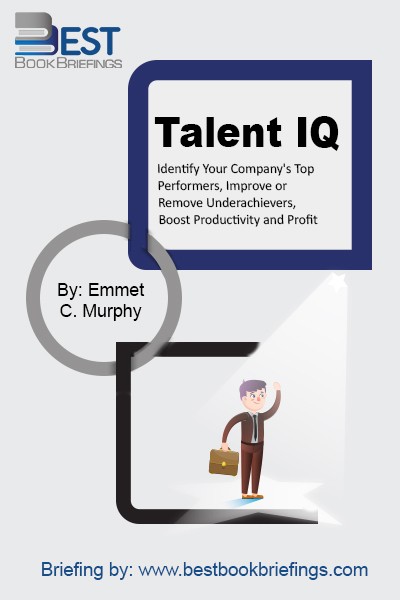
Recognizing talent is a leader’s most needed task. Today, more than ever, an organization’s fate depends on its ability to identify, coach, retain and, when needed, replace talent. The simple answer to what is talent: is achievement. Talent without achievement is reduced to only potential. Let’s start by discussing the seven
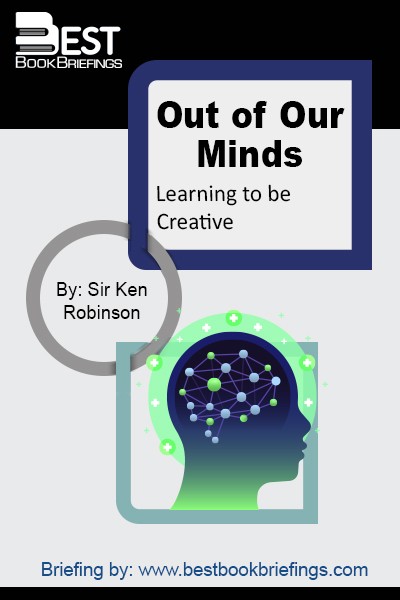
The modern world is the product of ideas, beliefs, and values of human imagination and culture have shaped it over centuries. It has been created out of our minds as much as from the natural environment. The human mind is profoundly and uniquely creative, but too many people have no sense
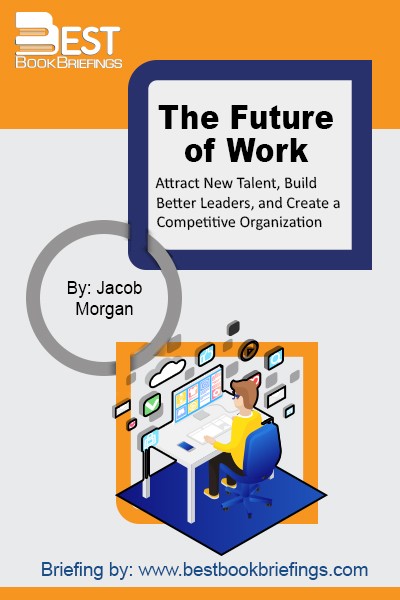
The Future of Work explores the new behaviors, new technologies, and the new people entering the workforce, focusing on: how the traditional command and control leadership model is dead; working with and for Millennials, who expect to be doing meaningful work, share their voice, and want rapid feedback; how to adapt
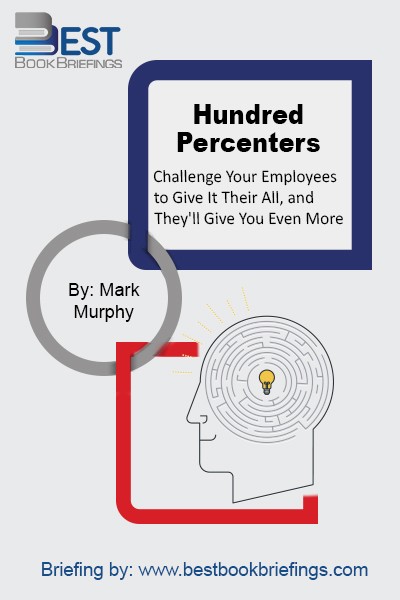
Peek out your office door and take a good look at your employees. With the exception of a few royal pains, you've got a nice group of people. By and large, they do good work, they get along with you and one another and they're generally well intentioned. But, are they

